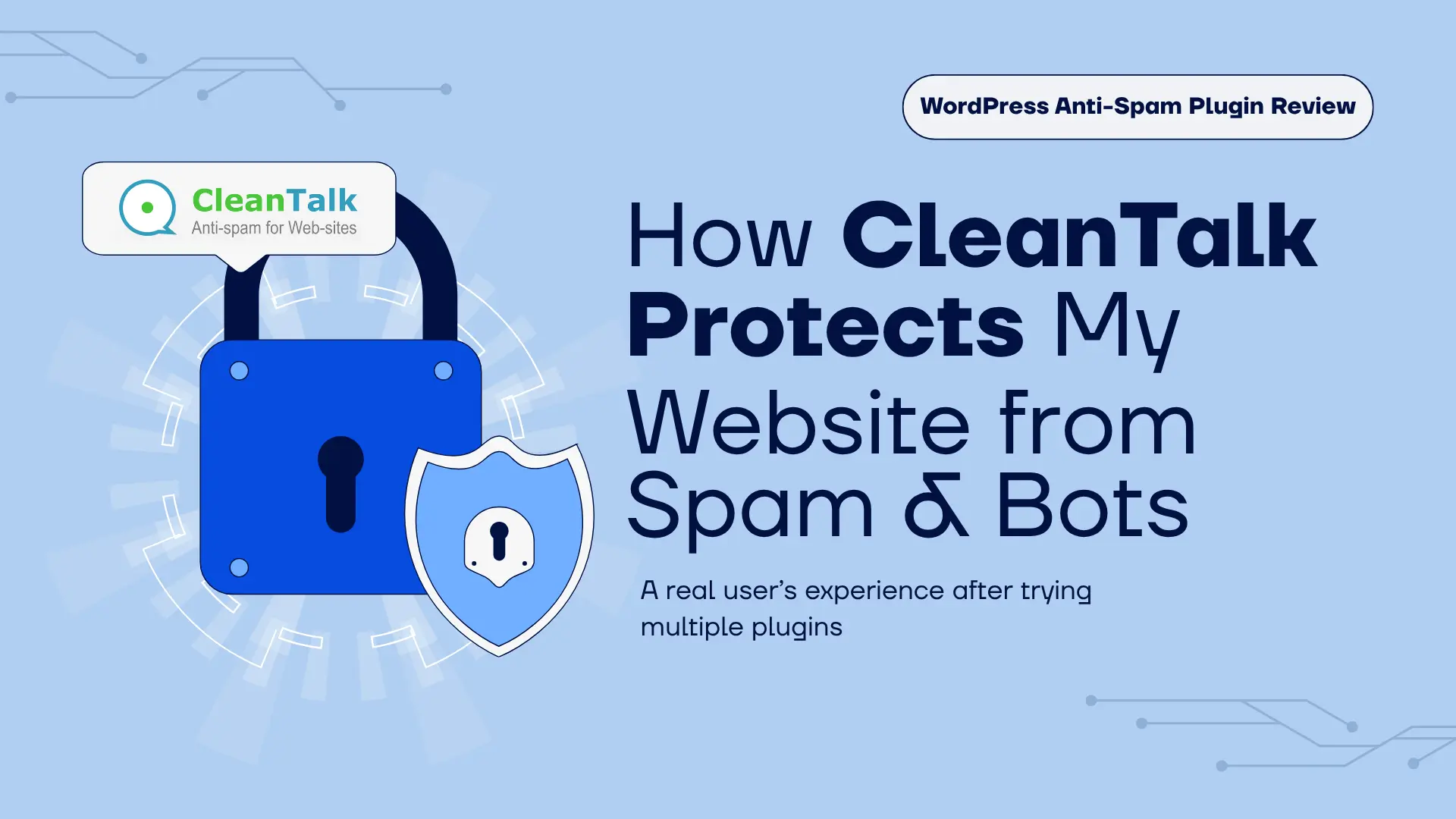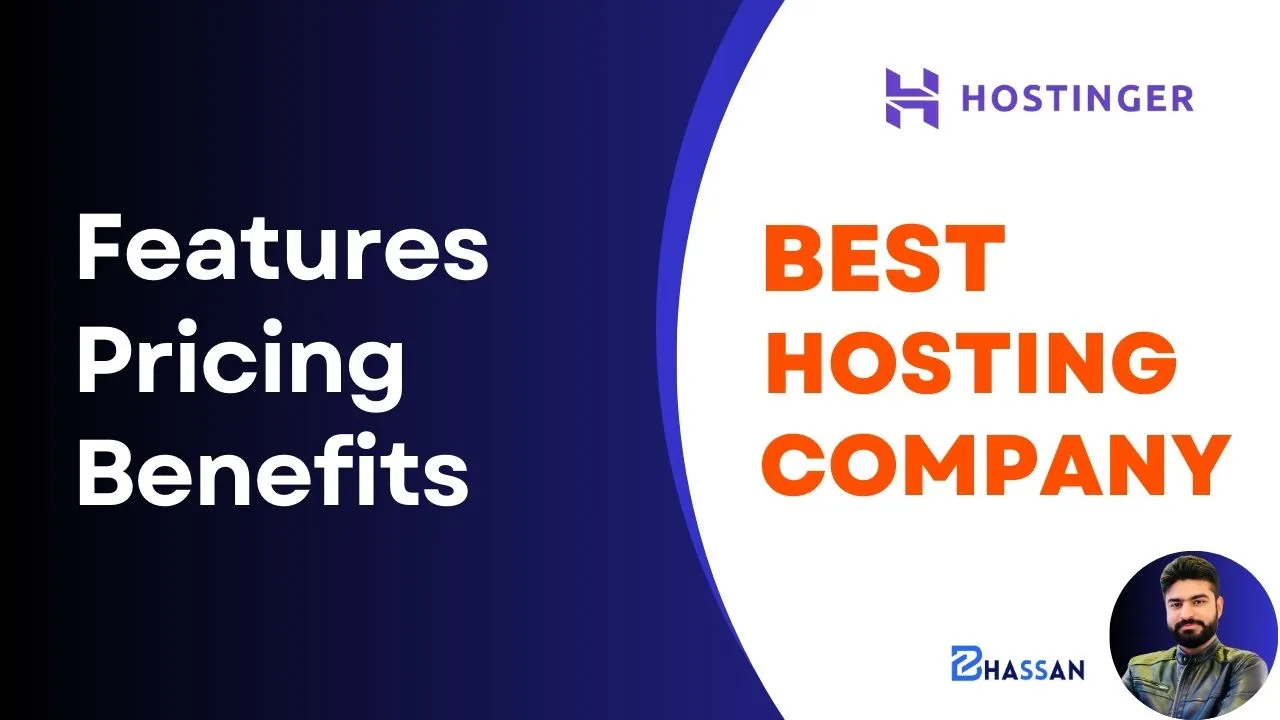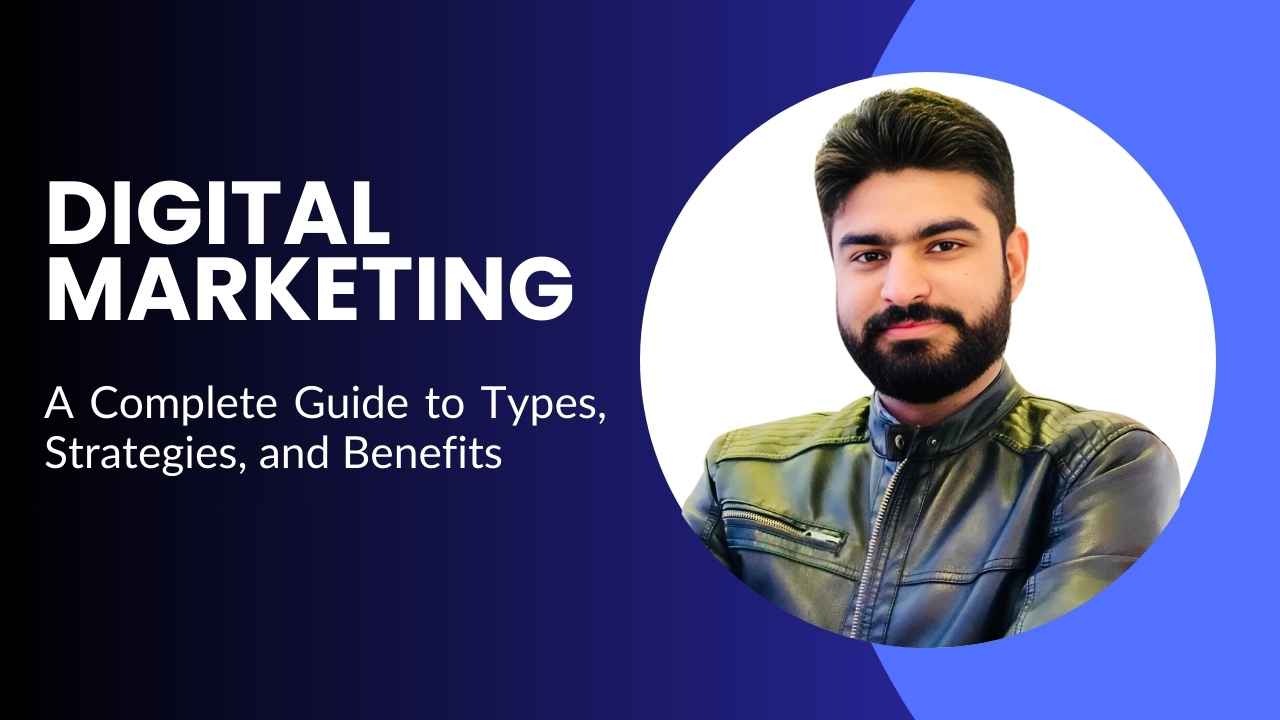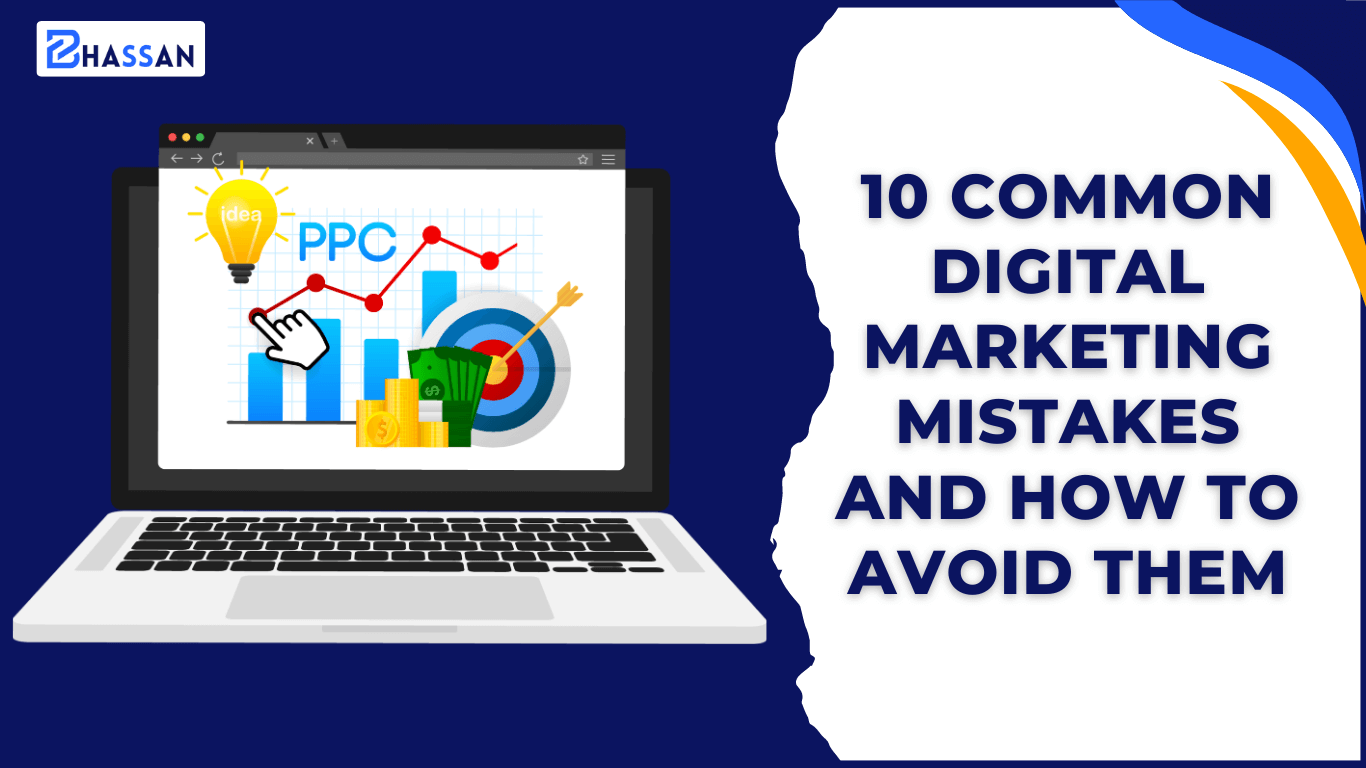Starting and growing a small business is no easy feat, and in today’s digital landscape, having a strong online presence is crucial. One of the most effective ways to enhance your visibility and drive organic traffic to your website is through Search Engine Optimization (SEO). In this guide, we’ll walk you through the essential elements of SEO and provide actionable tips that small business owners, digital marketers, and startups can implement right away.
Introduction to SEO and Its Importance for Small Business Websites
SEO, or Search Engine Optimization, is the practice of optimizing your website to improve its visibility on search engine results pages (SERPs). For small businesses, SEO is a powerful tool that can help you reach your target audience, drive organic traffic, and ultimately convert visitors into customers.
Why SEO Matters
- Increased Visibility: Higher rankings on search engines mean more visibility for your business.
- Cost-Effective Marketing: Unlike paid advertising, organic search traffic is free.
- Builds Credibility and Trust: Ranking high in search results can enhance your brand’s credibility.
Choosing the Right Keywords for Your Niche
Keywords are the foundation of SEO. Choosing the right ones can make or break your SEO strategy.
How to Choose Keywords
- Research Tools: Use tools like Google Keyword Planner and Ubersuggest to find relevant keywords.
- Focus on Long-Tail Keywords: These are more specific and less competitive, making it easier to rank.
Example:
A local bakery might use long-tail keywords like “best gluten-free cupcakes in [City Name]” to attract local customers looking for gluten-free options.
Case Study:
A small online fashion boutique identified high-volume, low-competition keywords for their product range, leading to a 30% increase in organic traffic within three months.
On-Page Optimization Tips for Improved Search Visibility
On-page SEO involves optimizing individual web pages to rank higher and earn more relevant traffic.
Key Tips for On-Page Optimization
- Optimize Page Titles and Meta Descriptions: Include your chosen keywords in these elements.
- User-Friendly Design: Ensure clear navigation and fast loading times to improve user experience.
Example:
A tech startup optimized their website by including relevant keywords in meta titles and descriptions, resulting in improved click-through rates and search engine visibility.
Case Study:
A marketing agency improved their website’s load time and navigation, leading to a 25% reduction in bounce rate and a 20% increase in average session duration over six months.
Strategies for Building Quality Backlinks
Backlinks are links from other websites to yours. They are crucial for SEO as they indicate your site’s authority and trustworthiness.
How to Build Backlinks
- Create High-Quality Content: Produce shareable content that naturally attracts backlinks.
- Collaborate with Industry Influencers: Reach out for guest posting opportunities.
Example:
A local business association linking to local businesses on their website can create a network of credible backlinks, improving local search rankings for all participating members.
Case Study:
A small e-commerce store partnered with a popular lifestyle blogger for a sponsored post, generating significant traffic and backlinks, resulting in a 40% increase in organic search traffic within the first month.
The Impact of Local SEO on Small Business
Local SEO focuses on optimizing your online presence to attract more business from relevant local searches.
How to Optimize for Local SEO
- Claim Your Google My Business Listing: Ensure your business information is accurate and complete.
- Encourage Customer Reviews: Positive reviews can enhance your local SEO and build trust.
Example:
A café optimized for local search by including their address, phone number, and opening hours on their website and Google My Business listing, making them easily discoverable for local customers.
Case Study:
A neighborhood pet store focused on local SEO, resulting in a 50% increase in foot traffic and a 30% rise in online orders from local customers.
Mobile Optimization: Ensuring Your Website is Mobile-Friendly
With the increasing use of smartphones, mobile optimization is essential for reaching your audience effectively.
Tips for Mobile Optimization
- Responsive Design: Ensure your website displays correctly on all devices.
- Regular Testing: Test your website on different mobile devices to ensure a smooth user experience.
Visual Example:
Screenshots comparing mobile and desktop views can highlight the importance of a responsive design.
Measuring Success with Analytics: Key Metrics to Track
Tracking your SEO efforts is crucial to understanding what works and what doesn’t.
Key Metrics to Monitor
- Organic Traffic: The number of visitors coming from search engines.
- Bounce Rate: The percentage of visitors who leave your site after viewing only one page.
- Conversion Rates: The percentage of visitors who take a desired action, such as making a purchase.
How to Use Analytics
- Set Up Google Analytics: Track key metrics and gain insights into user behavior.
- Make Data-Driven Decisions: Use the data to refine your SEO strategy.
Visual Example:
Line graphs and pie charts can visually represent traffic growth and traffic sources.
Quick SEO Wins for Small Business Owners
Sometimes, small changes can lead to significant improvements in your SEO.
Quick Tips for SEO Success
- Update Content Regularly: Fresh content keeps your site relevant.
- Utilize Local Directories: List your business in local directories to improve local SEO.
Visual Example:
A checklist with tick marks for quick SEO tasks can provide a visual guide for implementation.
Conclusion: The Future of SEO
SEO is an ongoing process that requires continuous adaptation to stay competitive.
Final Thoughts
- Stay Updated: Keep up with changes in search algorithms and user behavior.
- Regular Audits: Conduct regular audits of your website’s SEO to ensure it remains competitive.
Ready to take your SEO strategy to the next level? Start implementing these tips today and watch your small business grow.







